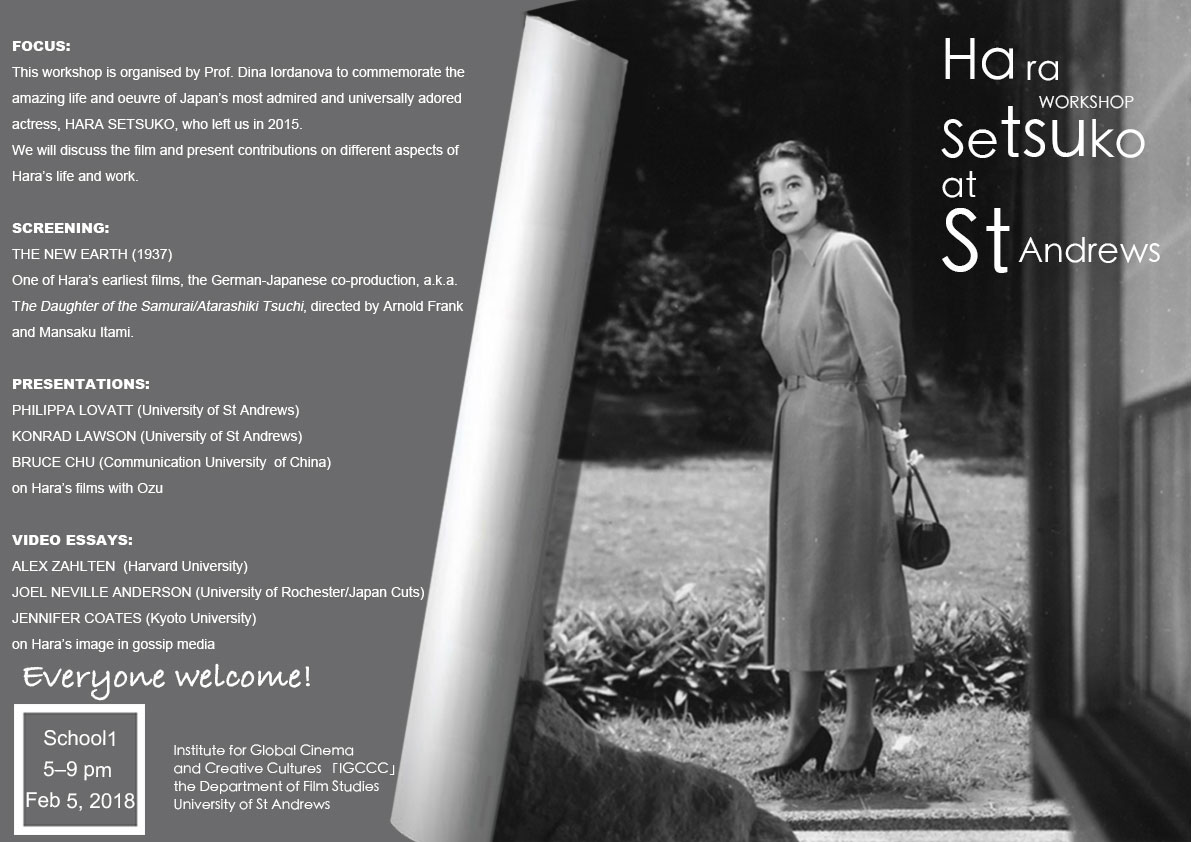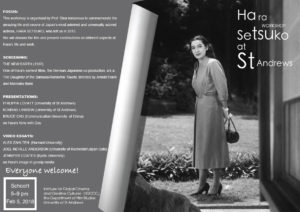Organized by Prof Dina Iordanova along with postgraduate students, this two day conference explored various aspects of the transnational flows in transcultural film remakes, matters of cultural appropriation and other relevant interpretative frameworks, a project in part inspired by German-Turkish diasporic film director Cem Kaya’s film REMAKE, REMIX, RIP-OFF : ABOUT COPYCULTURE AND TURKISH POPULAR CINEMA(2016). The first day of the conference saw a screening of the film and discussion with Kaya, whereas the second day integrated a number of presentation and discussion items from participants, many of who were present in person, whilst some tuned in by pre-recorded videos.
Speakers included a mixture of international scholars, St Andrews academics and doctoral students, such as Prof. Ahmet Gurata (Bilkent University, Ankara, Turkey), Prof. Chris Berry (King’s College, London, UK), Prof. Savas Arslan (Bahcesehir University, Istanbul, Turkey),Prof dimitris Elefteriotis (Glasgow University, UK),Dr Iain Robert Smith (King’s College, London, UK), Prof. Melis Behll (Kadir Has University, Istanbul, Turkey), Natthanai Prasannam (Thailand, PhD student), Darae Kim (South Korea, PhD student), Shruti Narayanswami (India, PhD student), Souraj Dutta (India, PhD student), Dr Anuja Jain (St Andrews, Film Studies), Dr. Dennis Hanlon (St Andrews, Film Studies), and others.

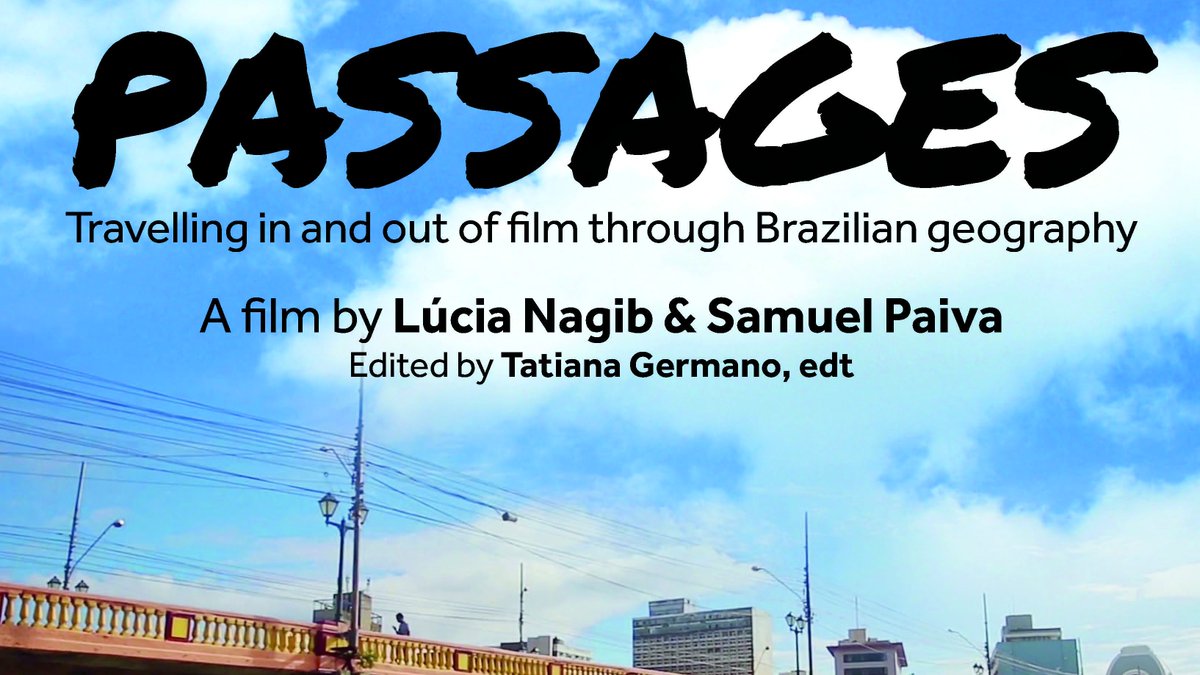
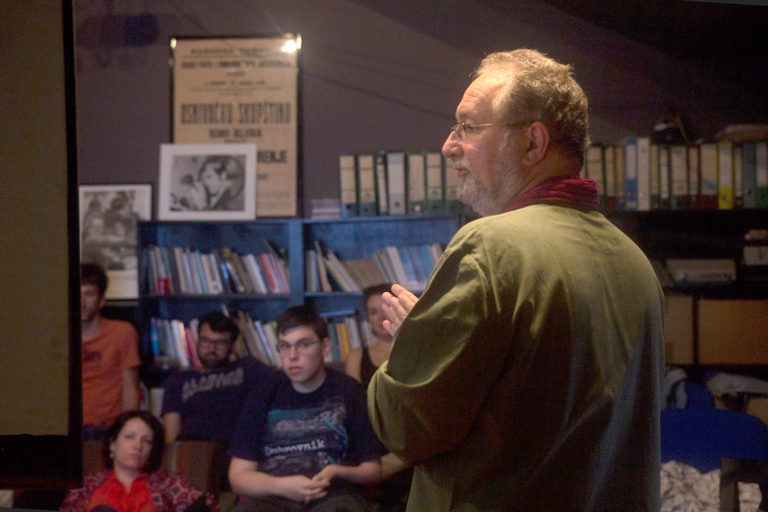
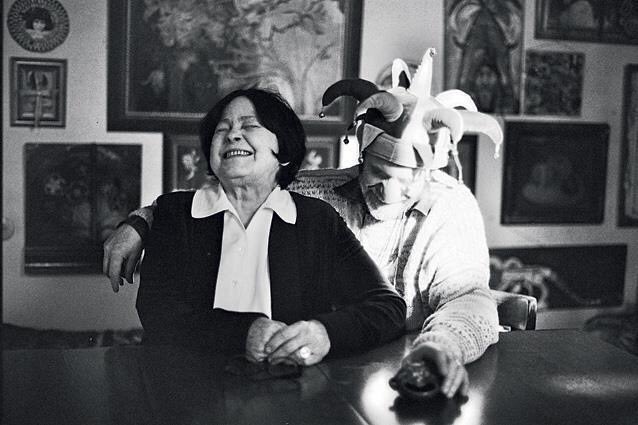
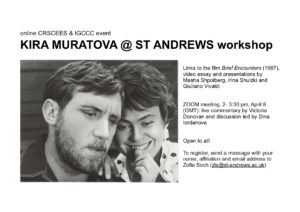
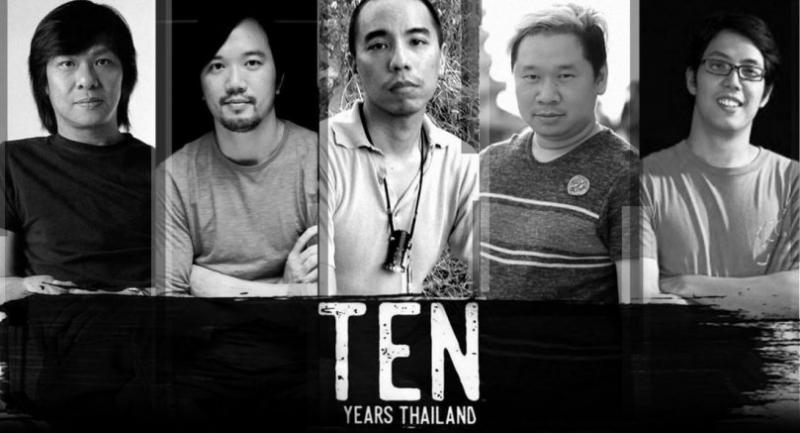

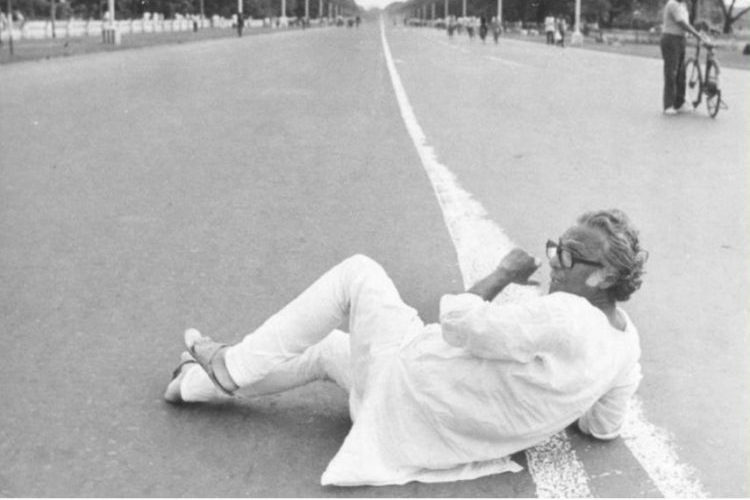
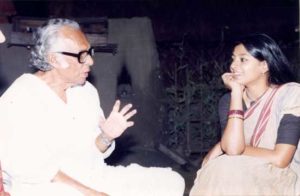
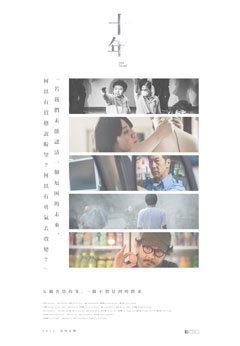
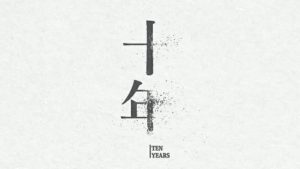
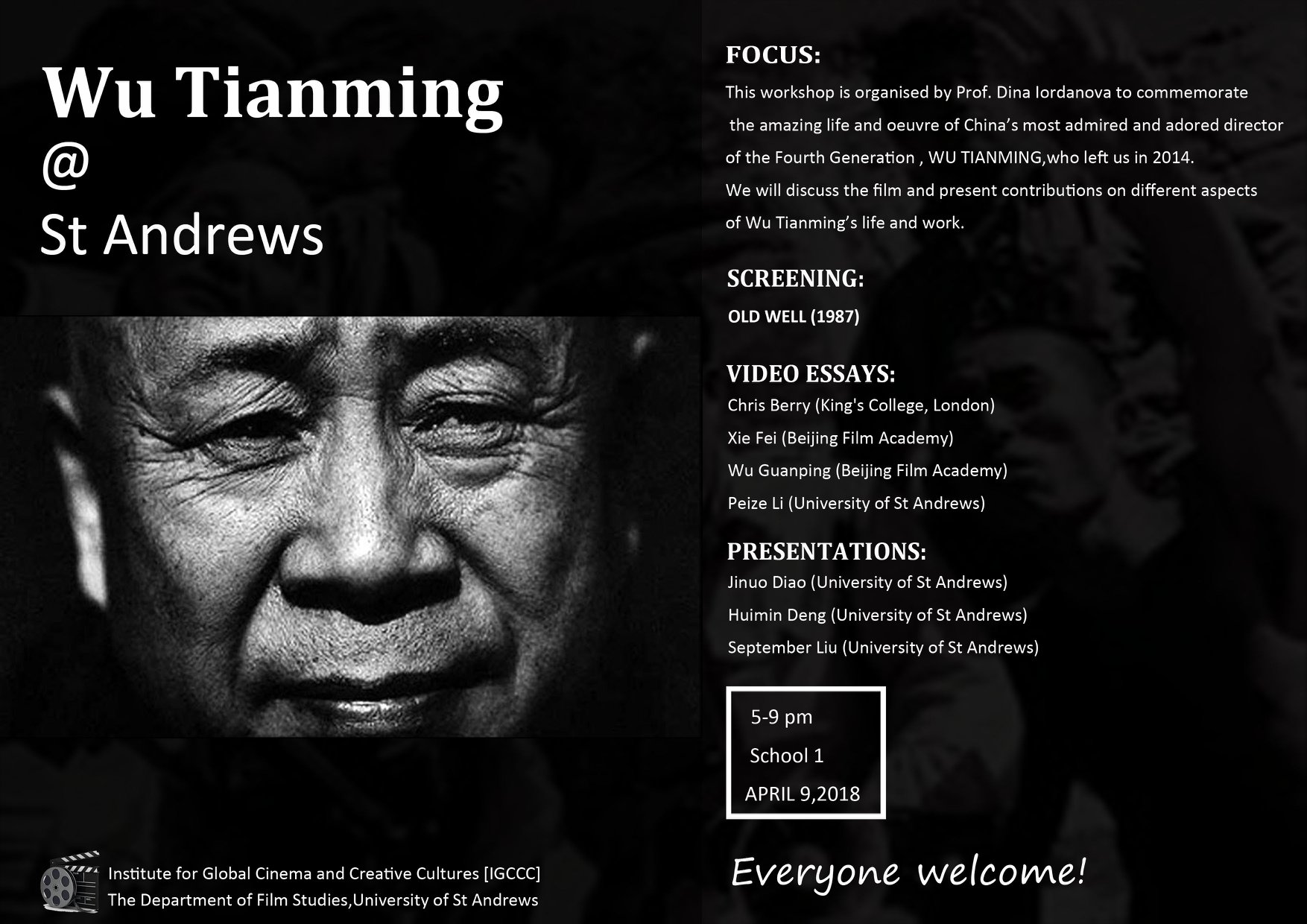
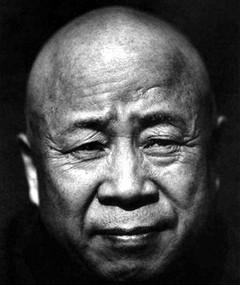 The cluster of video and written essays dedicated to the life and work of this great Chinese cineaste WU TIANMING (1939-2014) is a direct consequence of the great opening up of Chinese cinema to Western audiences that we are witnessing. Wu Tianming was not only a cruical figure of China’s Fourth generation of fim directors, but also the person who enabled — in his capacity of director of the Xi’an film studios — the most important directors of the Fifth generation, such as Zhang Yimou, Tian Zhiangzhuang and Chen Kaige, make their entry into cinema. We commemorated his work at the
The cluster of video and written essays dedicated to the life and work of this great Chinese cineaste WU TIANMING (1939-2014) is a direct consequence of the great opening up of Chinese cinema to Western audiences that we are witnessing. Wu Tianming was not only a cruical figure of China’s Fourth generation of fim directors, but also the person who enabled — in his capacity of director of the Xi’an film studios — the most important directors of the Fifth generation, such as Zhang Yimou, Tian Zhiangzhuang and Chen Kaige, make their entry into cinema. We commemorated his work at the 